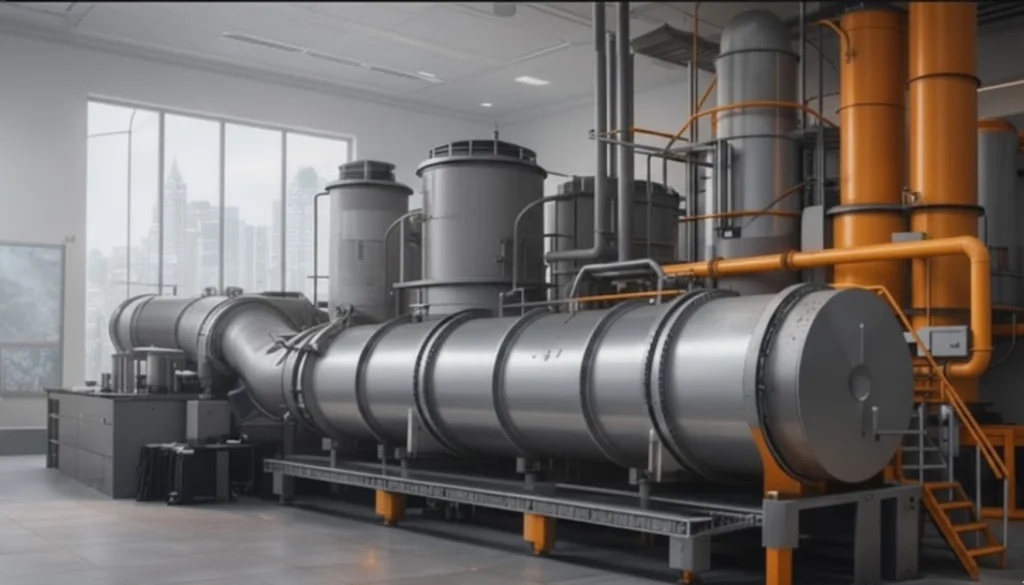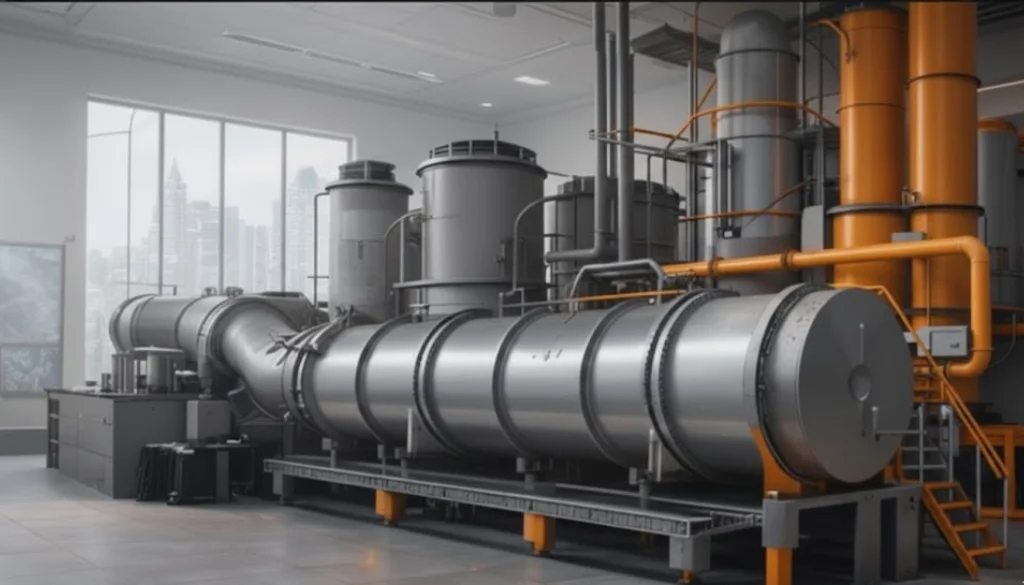Leading Hazardous Waste Incinerator Manufacturer
As an experienced Hazardous waste incinerator supplier, Alfa Therm Limited provides robust and energy-efficient solutions that meet international environmental standards. Our systems are widely used across manufacturing, power generation, petrochemical, and infrastructure sectors.
We combine advanced combustion technology with heavy-duty construction to ensure consistent performance in demanding Hazardous environments.
What Is Hazardous Waste Incineration?
Hazardous waste incineration is a controlled, high-temperature thermal treatment process used to safely destroy hazardous, toxic, and non-recyclable wastes generated by industries and healthcare facilities. In this process, hazardous waste is burned inside specially designed incinerators at very high temperatures (typically 850°C to 1200°C or higher). This breaks down harmful organic compounds, pathogens, and toxic chemicals into stable, less harmful substances like ash, flue gases, and heat energy.
Alfa Therm Limited’s Hazardous waste incinerators are engineered to provide high-temperature, controlled combustion of hazardous materials, ensuring safe volume reduction, detoxification, and regulatory-compliant disposal. Designed with advanced air pollution control systems, automated operations, and multi-chamber configurations, our incinerators deliver efficient, reliable, and environmentally responsible waste treatment.
Key Features of Hazardous Waste Incinerators
Alfa Therm Limited Hazardous Waste Incinerators are designed to safely and efficiently manage the disposal of Hazardous waste while complying with global environmental standards.
Environmentally Responsible Design
Integrated air pollution control systems.
Customized Incineration Solutions
Continuous, safe, and automated operation
Applications of Hazardous Waste Incinerators
Our versatile incinerators cater to a range of industries and applications, including:
- Pharmaceutical manufacturing units
- Chemical and petrochemical industries
- Pesticide and paint manufacturing plants
- Healthcare & biomedical waste facilities
- Research laboratories and hazardous waste treatment centers

Hazardous Waste Management for the Future
With increasing hazardous industry, effective waste management is essential. Alfa Therm Limited continues to innovate industrial waste incineration technology to support industries in meeting sustainability and compliance goals.

